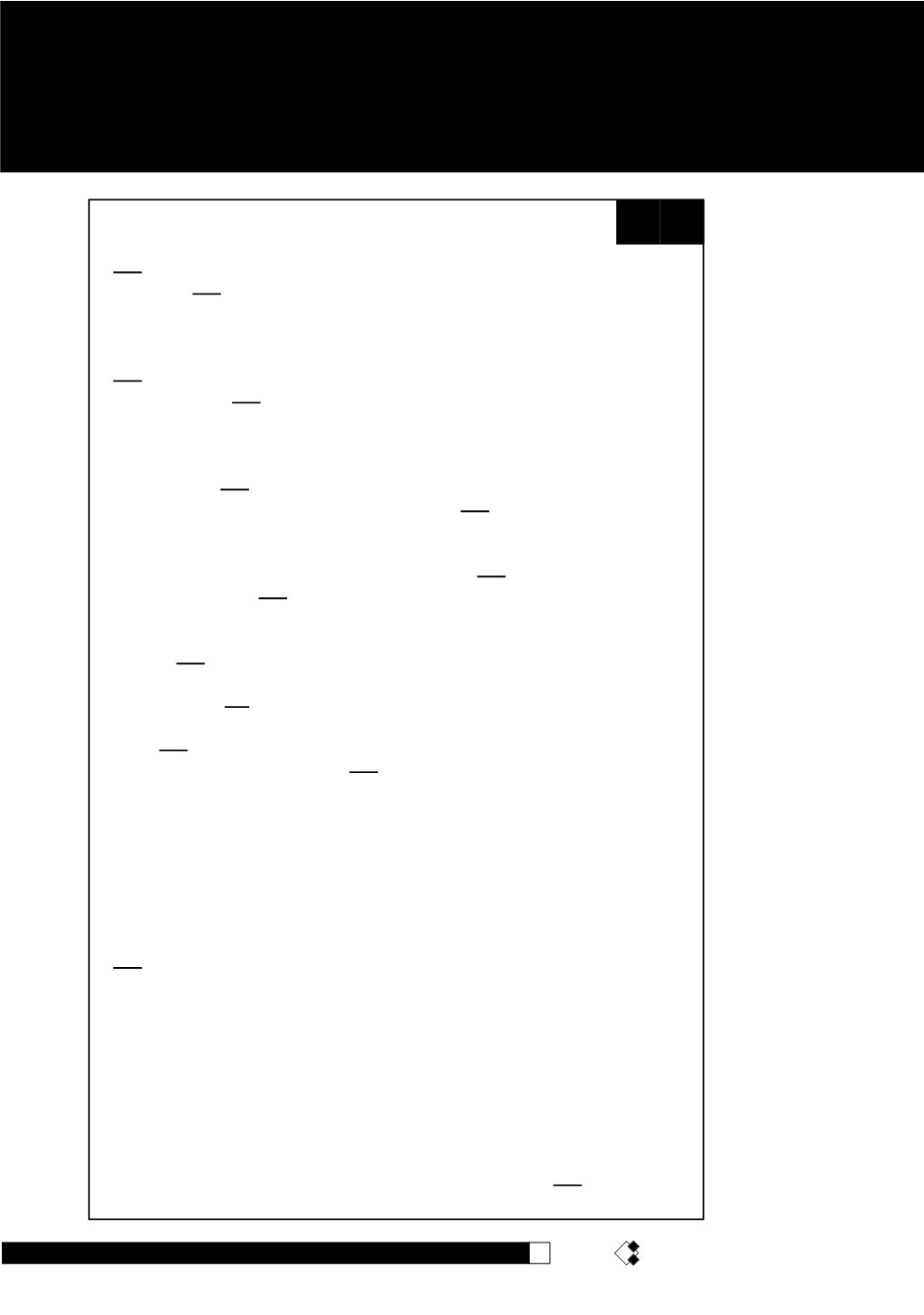
my faith
...
ISLAM
412
The Muslim Ummah comprises a comity of
nations professing Islam and as such the
Khilafat was a “Common Wealth of Nations”. The con-
cept of Khilafat is different from the traditional concept
of Emperors, Kings, Presidents, etc., who are only tem-
poral rulers. It must be borne in mind that Islam does
not believe in separation of religious and worldly affairs.
Khilafat is therefore, a religious as well as a political
office. The Khalifah was the head of religio-politicoso-
cio-economic complex covering all aspects of life of the
Ummah (the Muslim nation).
Since the Khalifah was the religio-political head of the
Muslim Umniah, the history of the Khilafat, in fact, is the
history of the Ummah.
It becomes less significant if some Khalifahs were less
pious or if the Khilafat became hereditary and was con-
fined within certain families such as the Umayyads,
Abbasids, Ottomans etc. In spite of the shortcomings of
some Khalifahs, they represented the collective author-
ity of the Ummah. The revolts against them would be
termed as khuruj (sedition) and would be condemned.
The Khilafat on the whole presented an exemplary form
of government. Every Khalifah was aware of the new
world order ushered in by the Prophet [s]. He was
aware of his own responsibility and that of his govern-
ment in playing the required role. In the newly con-
quered territories, the exploitation of the common man
was brought to an end. Full religious freedom was
given to all.
The government even under the less pious iereditary
Khalifahs functioned, within the permissible limits of
Shari’ah (Sacred Law) - the Zakat (poor due) was
levied, the Bayt-ul-Mal (public treasury) was estab-
lished, Justice was dispensed in accordance with the
Shari’ah, the territorial jurisdiction of the Muslim Empire
was protected, the message of Islam was spread and
the obligations of an Islamic state were fulfilled.
Islam did not describe any particular form of govern-
ment. Though a elected form of government is to be
preferred, it cannot be said that hereditary Khilafat was
un-Islamic.
PT
ry
fh
fh
fh
fh
fh
fh
fh
fh
fh
fh
fh
fh
fh
fh
fh
vn


